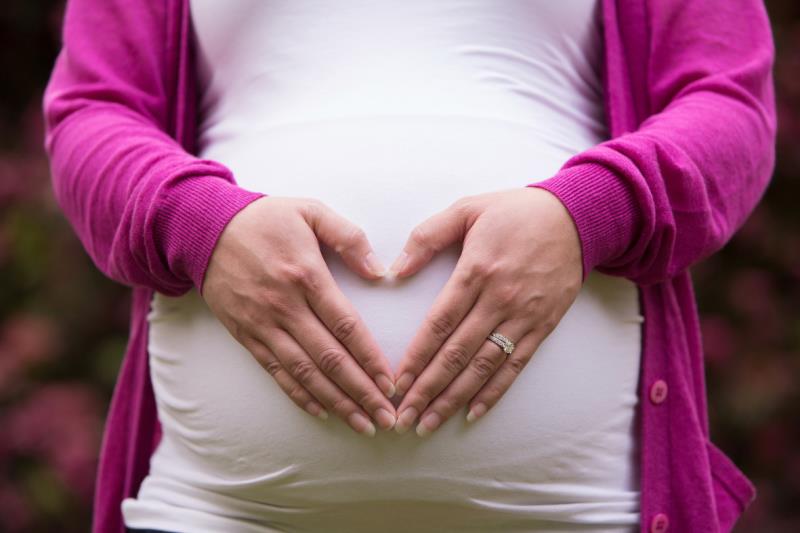
The risk of worse maternal and neonatal events tends to be higher among women with rheumatic arthritis (RA), while such risk is similar between women with and without spondyloarthritis (SpA), a recent study has shown.
Compared with pregnant women with SpA or no inflammatory arthritis (IA), those with RA were more inclined to have preterm delivery (13.5 percent), caesarean delivery (33.9 percent), hypertensive disorders in pregnancy (10.5 percent) and small for gestation age (SGA) babies (15.6 percent).
Pregnant RA women also showed a significantly higher use of nonsteroidal anti-inflammatory drugs and corticosteroids than did those from other groups.
The risks of having an SGA baby (odds ratio [OR], 1.51, 95 percent confidence interval [CI], 1.21–1.88; p<0.01) and hypertensive disorder in pregnancy (OR, 1.51, 95 percent CI, 1.16–1.97; p<0.01) were significantly greater among women with RA than those with no IA. There was no difference seen between women with SpA and those with no IA.
This study assembled a contemporary pregnancy cohort of 312,081 women and corresponding birth events for the province of Alberta, Canada, from the random selection of one live birth event per woman. Three groups were identified: RA (n=631), SpA (n=2,461) and no IA (n=308,989).
The authors compared maternal and neonatal outcomes, comorbid conditions and medication use among these groups. They generated multivariable logistic regression models to assess the association between RA and Spa, relative to no IA, and the outcomes of SGA and hypertensive disorders during pregnancy.